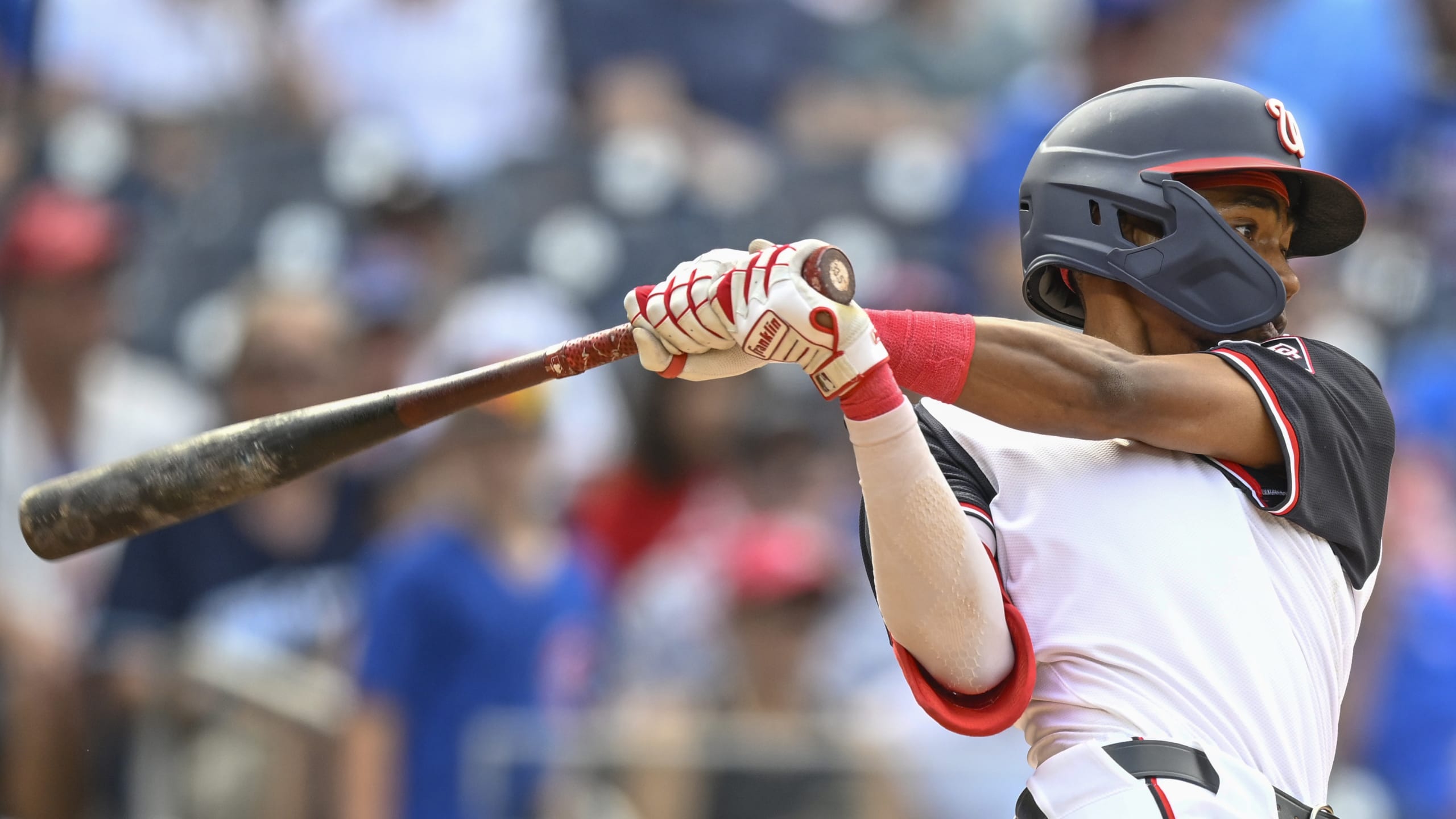Insightful Perspectives
Explore a world of engaging news and informative articles.
Baseball's Unwritten Rules: A Secret Language of the Diamond
Discover the secret language of baseball's unwritten rules and unlock the hidden strategies that define the game on the diamond!
Understanding the Unwritten Rules of Baseball: How They Shape the Game
Baseball is not just a game of rules laid out in the rulebook; it is also governed by a set of unwritten rules that dictate behavior on and off the field. These norms ensure that the game is played with respect and sportsmanship. For example, one common unwritten rule is the infamous 'no-showboating' guideline, which discourages players from flaunting their skills excessively. This helps maintain a level of humility and respect towards opponents. Another example is the understanding that a team should not intentionally run up the score against weaker opponents, demonstrating sportsmanship and integrity through the course of a game.
These unwritten rules of baseball play a crucial role in shaping the dynamics of the game. They not only foster camaraderie among players but also contribute to a deeper appreciation of the sport. Many players learn these rules through experience and observe how respected veterans conduct themselves on the field. For instance, when a player hits a home run, it is often expected that they will not take excessive time to celebrate, as doing so could be seen as disrespectful to the pitcher. Understanding these subtle yet powerful guidelines enhances the overall experience of baseball, making it not just a game of skill, but also a game of character.

Top 10 Unwritten Rules Every Baseball Player Should Know
Baseball is not just a sport but a way of life, with its own unique set of unwritten rules that players should embrace. Understanding these rules can enhance teamwork and sportsmanship on and off the field. Here are the top 10 unwritten rules every baseball player should know:
- Respect the Game: Always play hard and show respect to opponents, umpires, and fans.
- Don’t Show Up the Pitcher: If you hit a home run, run the bases without excessive celebration.
- Don’t Steal Bases Late in a Blowout: If you’re winning by a large margin, avoid stealing bases.
- Take a Pitch: If your team is ahead, let your teammates hit instead of swinging for the fences.
- Help a Fellow Player: Always be ready to assist teammates who are struggling.
- Keep Your Head Up: Pay attention to the game and remain aware of your surroundings.
- Slide on High Tags: Always choose to slide in order to avoid injury.
- Don’t Talk to the Pitcher: Avoid distractions for pitchers when they are on a roll.
- Respect the Umpires: Disagreements are natural, but always maintain respect.
- Learn from Your Mistakes: Reflect on your errors and use them as a stepping stone for improvement.
What Are Baseball's Unwritten Rules and Why Do They Matter?
Baseball's unwritten rules refer to a set of guidelines that players, coaches, and fans understand implicitly, despite them not being formally recorded in rulebooks. These norms can dictate behavior on the field, such as how to treat opponents and the appropriate responses in various game situations. For example, it is generally considered bad etiquette to steal a base when the opposing team is clearly trailing or to celebrate excessively after a home run in a close game. Understanding and adhering to these unwritten rules is essential for maintaining the integrity of the game and ensuring respect among players.
The significance of these unwritten rules extends beyond mere tradition; they help to foster a sense of sportsmanship and camaraderie within the sport. When players acknowledge and abide by these guidelines, it contributes to a positive atmosphere in the game and promotes fair competition. Moreover, when these rules are ignored, it can lead to tension or even altercations on the field, disrupting the flow of the game. In essence, baseball's unwritten rules matter because they serve as a foundation for mutual respect, ensuring that the sport remains enjoyable for both players and fans alike.